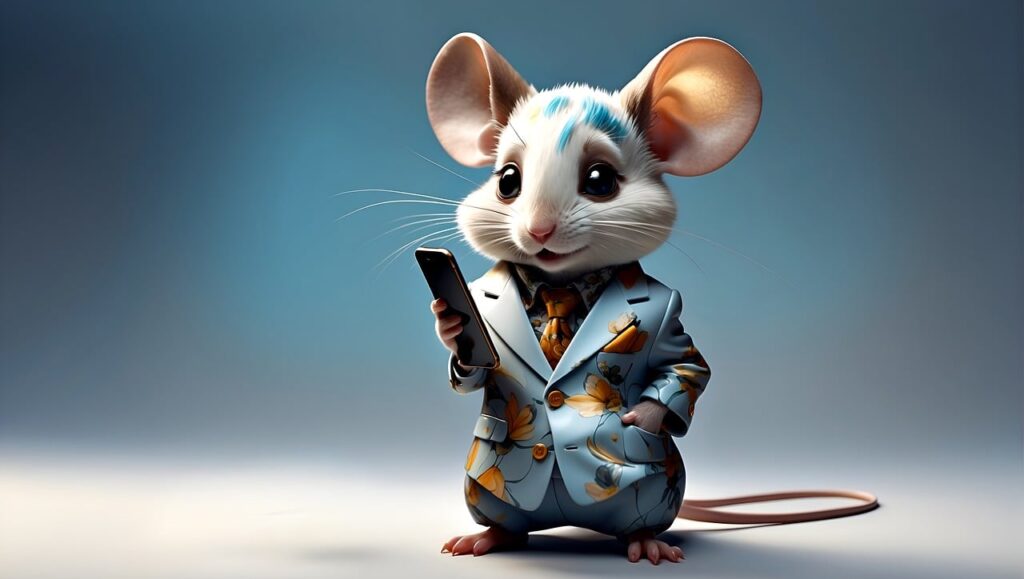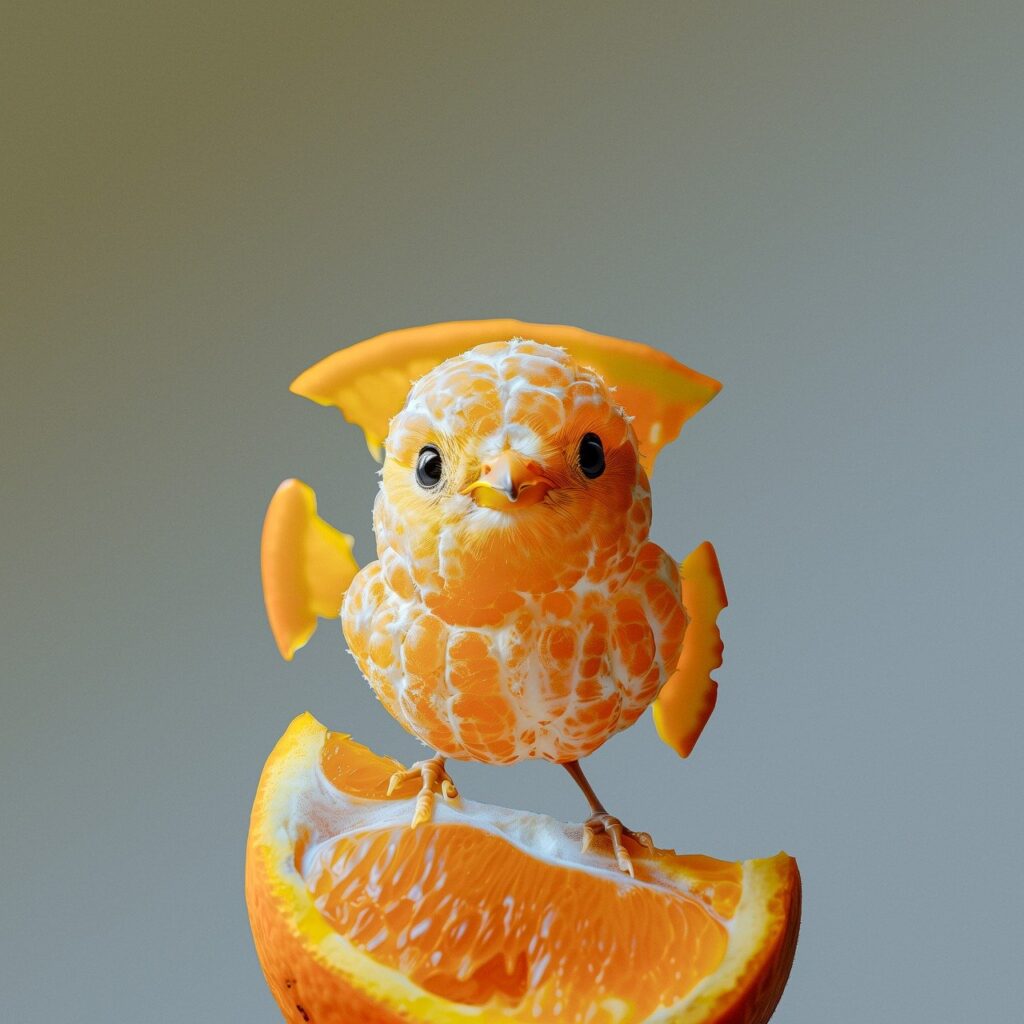
Artificial Intelligence (AI) is no longer a futuristic concept confined to science fiction. It’s here, and it’s transforming the world around us in profound ways. From healthcare to finance, and from entertainment to everyday life, AI is driving innovation and altering how we live, work, and interact. But what does the future hold for this rapidly evolving technology? Let’s explore how AI is shaping our world and what we can expect in the years to come.
1. AI in Healthcare: Revolutionizing Medicine
One of the most significant impacts of AI is in healthcare. AI-powered systems are already diagnosing diseases, predicting patient outcomes, and assisting in surgeries with remarkable accuracy. In the future, we can expect AI to personalize medicine even further, tailoring treatments to individual genetic profiles and lifestyle factors. This could lead to more effective treatments with fewer side effects, ultimately improving patient outcomes.
2. Smart Cities: Enhancing Urban Living
AI is also at the forefront of the smart city revolution. Cities around the world are adopting AI technologies to improve everything from traffic management to waste collection. By analyzing vast amounts of data in real-time, AI can optimize energy usage, reduce congestion, and enhance public safety. As urban populations continue to grow, AI will play a crucial role in making cities more livable and sustainable.
3. AI in Finance: Transforming the Economy
In the financial sector, AI is reshaping how we manage money. AI algorithms are used for everything from detecting fraudulent transactions to predicting market trends. Robo-advisors, powered by AI, are helping people invest their money more efficiently. In the future, AI could democratize finance by providing personalized financial advice and services to individuals worldwide, regardless of their economic status.
4. The Workforce of the Future: AI and Employment
AI’s impact on the workforce is a hot topic of debate. While some fear that AI will lead to widespread job losses, others believe it will create new opportunities. The truth likely lies somewhere in between. AI will automate routine tasks, freeing up humans to focus on more creative and strategic roles. However, this transition will require significant reskilling and upskilling of the workforce. The future of work will likely be a collaboration between humans and AI, where each complements the other’s strengths.
5. Ethical Considerations: Navigating the Challenges of AI
As AI becomes more integrated into our lives, ethical considerations are becoming increasingly important. Issues such as data privacy, algorithmic bias, and the potential misuse of AI for surveillance or warfare need to be addressed. The future of AI will depend on our ability to establish clear ethical guidelines and regulatory frameworks that ensure AI is used responsibly and for the benefit of all.
6. AI in Education: Personalizing Learning
Education is another area where AI is making strides. AI-powered tools can adapt to each student’s learning style and pace, providing personalized educational experiences. This could help bridge gaps in education and provide opportunities for lifelong learning. In the future, AI could transform classrooms, making education more accessible and tailored to individual needs.
7. Entertainment and AI: Redefining Creativity
AI is also influencing the entertainment industry, from generating music and art to creating immersive gaming experiences. While some worry that AI could replace human creativity, others see it as a tool that can enhance and inspire new forms of artistic expression. In the future, AI could collaborate with artists, musicians, and writers to create entirely new genres of entertainment.
Conclusion: Embracing the AI-Powered Future
The future of AI is filled with both exciting possibilities and significant challenges. As AI continues to evolve, it will undoubtedly shape our world in ways we can’t yet fully imagine. To harness the full potential of AI, we must embrace innovation while remaining vigilant about the ethical implications. By doing so, we can ensure that AI is a force for good, driving progress and improving lives across the globe.
The world of AI is just beginning to unfold. As we move forward, the key will be to strike a balance between technological advancement and human values, ensuring that the future of AI is one that benefits everyone.

